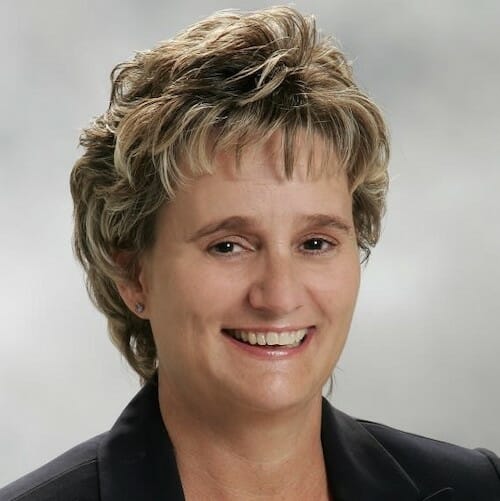
As New York’s assisted living communities prepare for the next phase of reopening, they are adopting a “new normal” for operating that will include new best practices in the midst of the COVID-19 pandemic.
Over the past four months, assisted living residences and adult care facilities in the state worked with the Empire State Association of Assisted Living to identify best practices that will remain in place as they plan for the anticipated reopening with outdoor visitation and community services.
“In a matter of days, ACFs adopted new processes to protect residents and staff, to communicate to resident friends and family who were no longer able to visit their loved ones, and for ongoing medical treatment,” ESAAL Executive Director Lisa Newcomb said in a statement. “Today, we can look back and recognize the continued importance of working was a team, supporting each other and showing appreciation for everyone who went above and beyond for New York’s elderly.”
In a recent survey of 300 assisted living residences across New York state, 79% reported that one or more residents left their community in a recent two-week period to visit a hair salon (20%), visit family or friends (22%), go to a restaurant (8%) or go to medical appointments (50%).
“We understand and appreciate the state regulators’ caution and position to do everything they can to protect New York’s elderly as the most vulnerable population for COVID-19,” Newcomb said. “However, at this point, we are advocating for outdoor visitation and in-community services to begin with the proper safety guidelines in place. Otherwise, residents will continue to risk their health and safety by leaving their communities.”
While the state’s prohibition on visitations remains, assisted living providers are planning for reopening. Among the new best practices:
- Communication: The COVID-19 crisis necessitated more general communication with families. This may include enhanced websites to allow families to send letters, pictures and videos to loved ones, as well as the use of technology, including platforms such as FaceTime, Zoom and Skype.
- Visitation: Visitations will begin outdoors, with more focus placed on ensuring safe visits through scheduling appointments, limiting visitors and providing adequate space for social distancing.
- Telemedicine: State actions to open telehealth’s use during the pandemic has many providers using the technology in lieu of residents going into the greater community.
Visit the ESAAL website for more information on how the organization is trying to help its members slow the spread of the virus.
In other coronavirus-related news:
- In response to requests by LeadingAge members and other housing providers, the Department of Housing and Urban Development has issued new flexibility for turning over units in affordable housing communities during the COVID-19 pandemic. Senior housing communities can prioritize the health of residents and staff over financial losses by delaying unit readiness, if necessary.
- Vice President Mike Pence said the U.S. government will issue guidance encouraging frontline healthcare workers to reuse personal protective equipment. Speaking at the White House Coronavirus Task Force briefing on Wednesday, Pence said the Trump administration will be encouraging healthcare workers to use best practices to preserve and reuse face masks and other protective equipment.
- Florida has extended its visitation ban to assisted living communities and nursing homes for another 60 days due to the recent rise in COVID-19 cases throughout the state.
- The Utah Department of Health issued new guidelines for assisted living communities, including those caring for people living with dementia, that allow family visits. The guidelines call for outdoor visitation, masks and social distancing, as well as no coronavirus cases at a community.
- Couples living at Riverview Retirement Community, a continuing care community in Spokane, WA, are fighting to keep a portion of the community open after the skilled nursing facility closed due to COVID-19.
- A roundup provides details of statewide laws and orders that require employers to take employees’ temperatures and/or conduct other employee health screening procedures. These are generally applicable requirements and may not cover heightened requirements of healthcare workers and long-term care workers.




